Mushrooms have been used for centuries for various purposes, from culinary delights to natural remedies. However, it's crucial to differentiate between functional and psychedelic mushrooms, as they serve distinct purposes and have vastly different effects. In this article, we'll explore the key differences between functional mushrooms and psychedelic mushrooms, helping you understand their unique properties and uses.
Functional Mushrooms
Functional mushrooms are non-psychoactive fungi known for their health-promoting properties. They have been used in traditional medicine for centuries and are now gaining popularity in modern wellness practices. Some popular functional mushrooms and their benefits include:
Reishi: Supports stress reduction, relaxation, and immune function
Lion's Mane: Enhances cognitive function, memory, and focus
Cordyceps: Boosts energy, endurance, and stress resilience
Chaga: Rich in antioxidants and supports immune function
Turkey Tail: Known for immune-supporting properties
Functional mushrooms are available in various forms, such as capsules, powders, teas, and tinctures, and are generally considered safe for most people.
Psychedelic Mushrooms
Psychedelic mushrooms, also known as "magic mushrooms" or "shrooms," contain psychoactive compounds, primarily psilocybin, that induce altered states of consciousness. These altered states can include changes in perception, emotions, and cognition. Psychedelic mushrooms have been used in traditional spiritual practices and are currently being studied for their potential therapeutic applications in mental health disorders such as depression, anxiety, and PTSD.
It's important to note that psychedelic mushrooms are classified as illegal substances in many countries, including the United States (with some exceptions for research or specific local jurisdictions). Their use carries legal and potential health risks.
Key Differences Between Functional and Psychedelic Mushrooms
The primary differences between functional and psychedelic mushrooms include:
Psychoactive properties: Functional mushrooms are non-psychoactive and do not induce altered states of consciousness, while psychedelic mushrooms contain psychoactive compounds that cause significant perceptual and cognitive changes.
Purpose and use: Functional mushrooms are used for their health-promoting properties and can be easily incorporated into daily wellness routines. In contrast, psychedelic mushrooms have been traditionally used for spiritual or therapeutic purposes, and their use is often regulated due to legal restrictions.
Safety and legality: Functional mushrooms are generally considered safe for most people and are legal to purchase and consume. Psychedelic mushrooms, however, are illegal in many countries and can carry legal and health risks.
Understanding the differences between functional and psychedelic mushrooms is essential to ensure their safe and appropriate use. While functional mushrooms offer a range of health benefits and can be integrated into daily wellness routines, psychedelic mushrooms have distinct psychoactive properties and are subject to legal restrictions. By recognising the unique properties of these two types of mushrooms, you can make informed decisions about their role in your health and well-being.

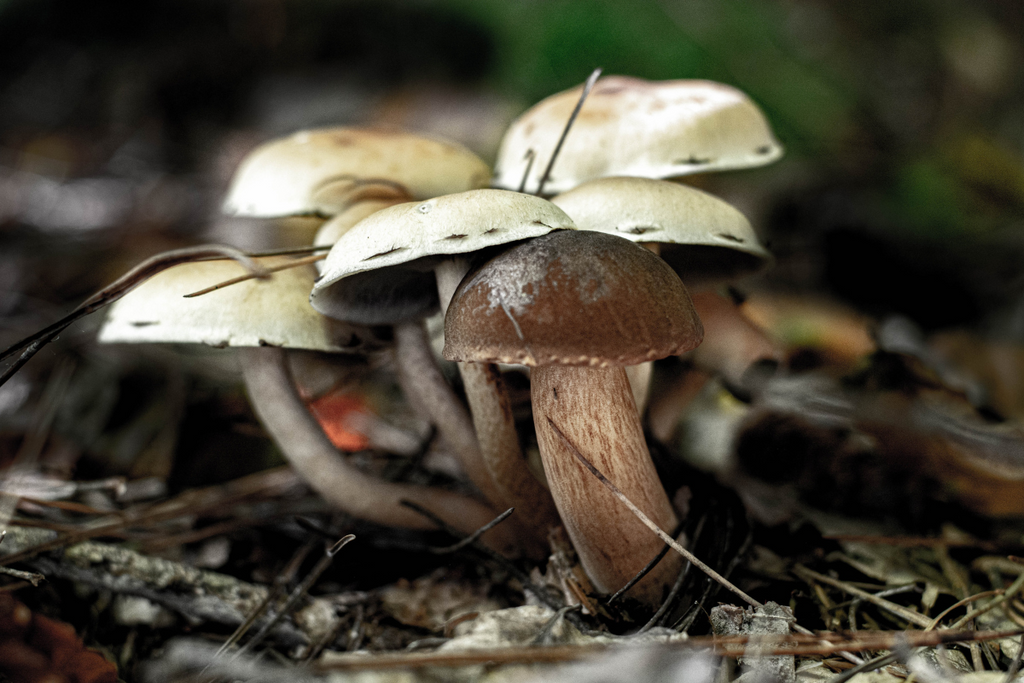
 Neuroactives. The Brain-First Compounds for Focus, Mood & Flow
Neuroactives. The Brain-First Compounds for Focus, Mood & Flow
 Ergothioneine & Antioxidants. Cellular Defence for Modern Life
Ergothioneine & Antioxidants. Cellular Defence for Modern Life
 Triterpenes. Reishi’s Secret Weapon for Stress & Hormonal Balance
Triterpenes. Reishi’s Secret Weapon for Stress & Hormonal Balance
 Beta-Glucans. The Immune & Gut Guardians Hiding in Mushrooms
Beta-Glucans. The Immune & Gut Guardians Hiding in Mushrooms
 The Real Story Behind Dopamine Fasting and How Functional Mushrooms Can Help You Reset
The Real Story Behind Dopamine Fasting and How Functional Mushrooms Can Help You Reset
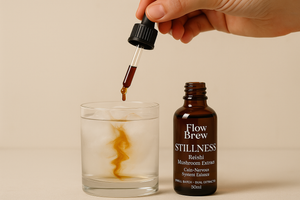 Why Tinctures? The Ancient, Potent Path to Natural Wellness
Why Tinctures? The Ancient, Potent Path to Natural Wellness
 Why You’re Wired, Tired, and Burnt Out And How Mushrooms Help Reset Your Nervous System
Why You’re Wired, Tired, and Burnt Out And How Mushrooms Help Reset Your Nervous System
 Growing a Greener Future - Our Partnership with Ecologi
Growing a Greener Future - Our Partnership with Ecologi
 Unlocking Gut Health with Flow Brew
Unlocking Gut Health with Flow Brew
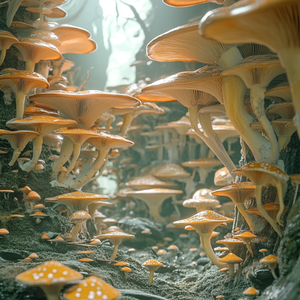 The Language of Mushrooms - Can They Really Talk to Each Other?
The Language of Mushrooms - Can They Really Talk to Each Other?
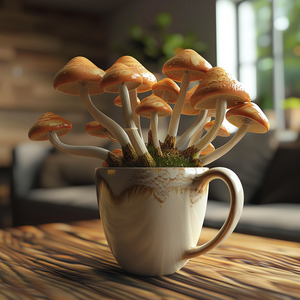 Unlocking the Power of Functional Mushrooms - A Beginner's Guide
Unlocking the Power of Functional Mushrooms - A Beginner's Guide
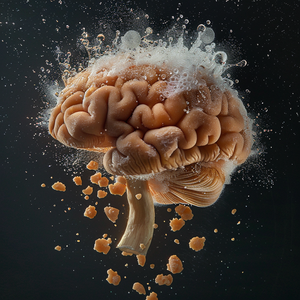 How does sugar affect your brain and mental performance
How does sugar affect your brain and mental performance
 How Functional Mushrooms Can Enhance Your Work and Creativity
How Functional Mushrooms Can Enhance Your Work and Creativity
 Introducing the Flow Brew Cinnamon Latte at Lynwood & Co
Introducing the Flow Brew Cinnamon Latte at Lynwood & Co
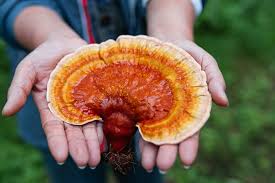 5 Reasons to make Reishi mushroom a part of your wellness routine
5 Reasons to make Reishi mushroom a part of your wellness routine
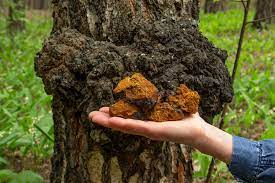 5 Reasons you need Chaga
5 Reasons you need Chaga
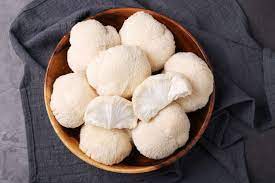 5 Reasons Lion's Mane is a must-have Supplement
5 Reasons Lion's Mane is a must-have Supplement
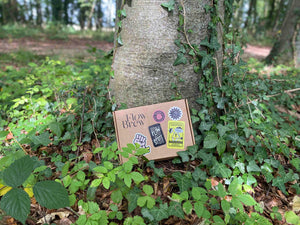 Are functional mushrooms safe?
Are functional mushrooms safe?
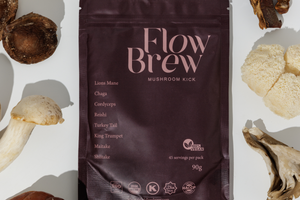 10 Surprising Health Benefits of Functional Mushrooms You Need to Know
10 Surprising Health Benefits of Functional Mushrooms You Need to Know
 The Rising Star of Wellness Exploring the Health Benefits of Functional Mushrooms
The Rising Star of Wellness Exploring the Health Benefits of Functional Mushrooms
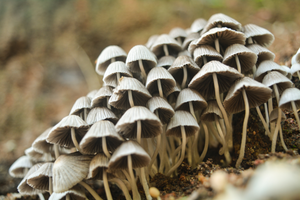 The Role of Functional Mushrooms in Productivity
The Role of Functional Mushrooms in Productivity
 The Science Behind Functional Mushrooms and Brain Health
The Science Behind Functional Mushrooms and Brain Health
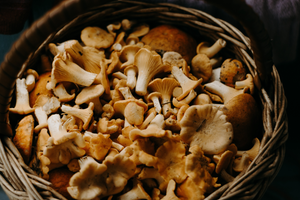 The Science Behind Mushroom Power
The Science Behind Mushroom Power
 Functional Mushrooms for Stress Reduction and Relaxation
Functional Mushrooms for Stress Reduction and Relaxation
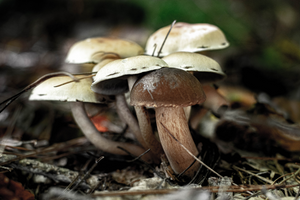 Functional vs. Psychedelic Mushrooms: Understanding the Key Differences
Functional vs. Psychedelic Mushrooms: Understanding the Key Differences
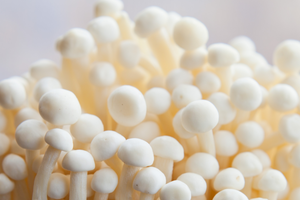 The Power of Functional Mushrooms for Productivity
The Power of Functional Mushrooms for Productivity
 The Ultimate Guide to the Best Mushroom Coffee for Focus and Well-Being
The Ultimate Guide to the Best Mushroom Coffee for Focus and Well-Being
 Enhancing your meditation with powdered mushrooms
Enhancing your meditation with powdered mushrooms
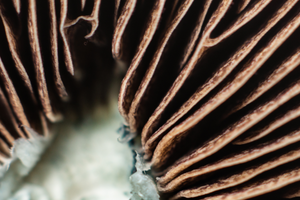 A Complete Guide to Functional Mushrooms
A Complete Guide to Functional Mushrooms
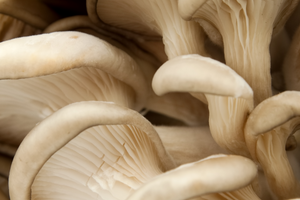 Functional Mushrooms - Their Benefits and Uses
Functional Mushrooms - Their Benefits and Uses